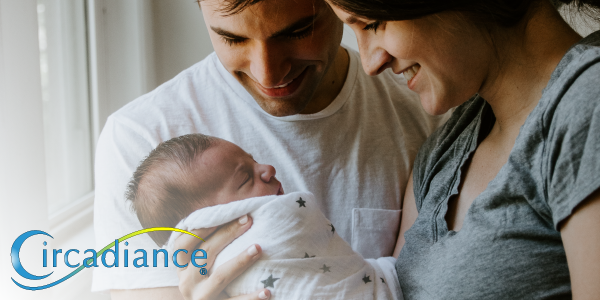Having a premature baby can lead parents down a path with a few bumps in the road. Many things are different and going home with a newborn is scary for most parents. Every case is unique which means a variety of parental experiences leading up to, and after, discharge. So what can parents expect when they take their baby home from the NICU?
Before discharge, the medical team will want to make sure the baby is stable and able to tolerate basic care such as bathing, feeding, and sleeping. NICU babies will have a “car seat challenge” as well. Parents bring a car seat into the hospital so that their infant can spend about 90 minutes in the seat connected to a cardiorespiratory monitor. If there are any concerns, the medical team may recommend home monitoring for the infant. The team will then walk parents through the use of any medical devices and medications the baby may use.
Many parents are able to “room-in” with their baby. This is when parents have the opportunity to stay the whole night at the hospital and assume all care for their baby. This helps them become comfortable with their baby and the care they need.
When taking a premature infant home, it is recommended that parents and caregivers go through CPR training as well, sometimes this is a requirement for discharge. While the infant is still in the NICU, parents will select a pediatrician and follow up with them shortly after discharge. The medical team in the NICU typically assists parents with any specific conditions their babies face, but their pediatrician will be the first point-of-contact after discharge.
Parents often come up with a plan for their trip home. Generally, it is recommended that parents limit the number of people that visit their newborn at first. Premature infants are especially vulnerable to illness and it is best try and limit contact with any new baby. For the same reasons parents may want to limit the public places they go to while their baby's immune system builds up.
Routines in the developed in the hospital can continue at home. In the hospital parents have dedicated time to hold their baby, skin-to-skin. Keeping that time as part of life at home is important to maintain. Skin-to-skin has been shown to grow the bond between parents and infants, increase breastfeeding success, help infants sleep better, and improve neurodevelopment (Campbell-Yeo, Disher, Benoit, & Johnston, 2015).
With the constant work of caring for their newborn, parents often forget to take care of themselves. It is important that parents make time for themselves to relieve stress and stay healthy. This is one of the best ways a new parent can care for their newborn. It even helps them to establish a healthy relationship with their child.
What suggestions do you have for new parents who are heading home from the NICU? Share with us in the comments.
Campbell-Yeo, M., Disher, T., Benoit, B., & Johnston, C. (2015). Understanding Kangaroo Care and its Benefits to Preterm Infants. Pediatric Health Med Ther., 15-32.





